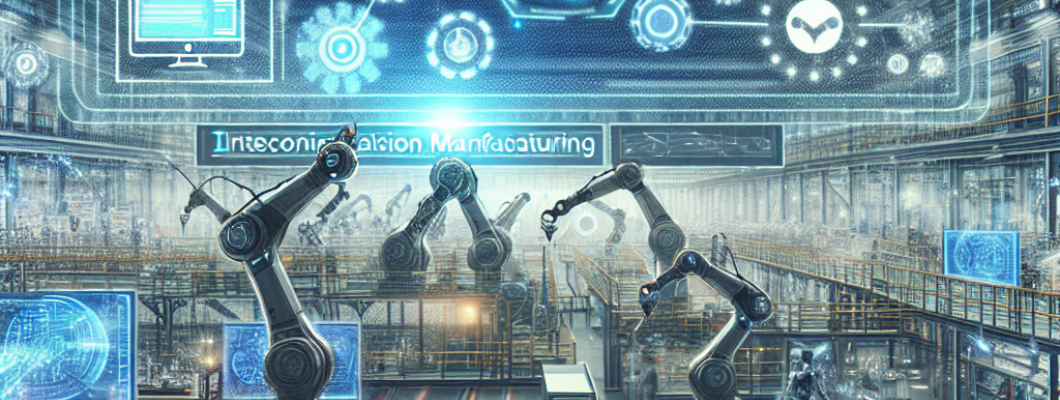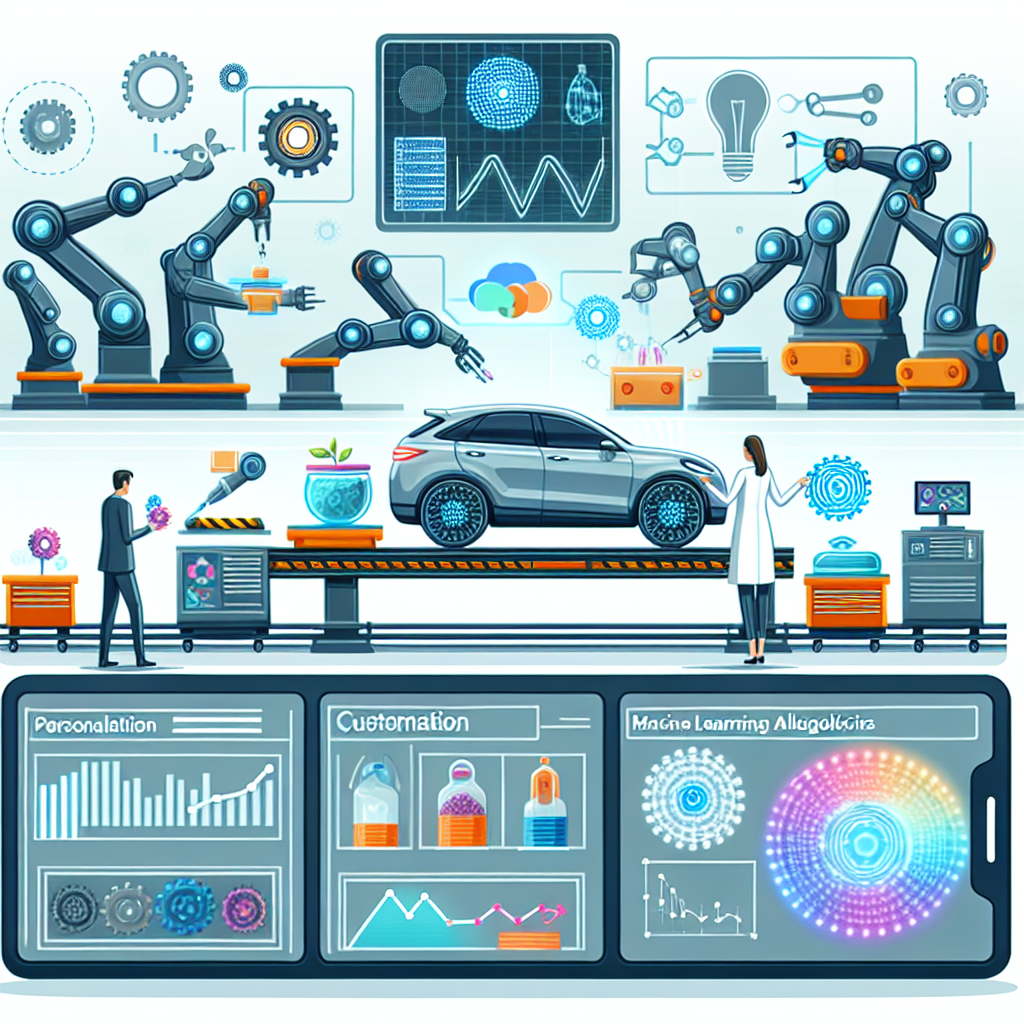Why Personalization is the Future of Manufacturing

In today"s rapidly evolving industrial landscape, the trend towards personalized products is gaining unprecedented momentum. Consumers now seek unique, tailored items that reflect their individual preferences, prompting manufacturers to rethink traditional mass production methods. Personalization isn"t just a luxury anymore; it"s becoming a critical driver of competitiveness and customer loyalty. As technology continues to advance, the future of manufacturing is leaning heavily into customization — a shift that promises to transform how products are designed, produced, and delivered.

One of the fundamental reasons behind this shift is the rise of Industry 4.0, which integrates smart technologies like IoT (Internet of Things), AI (Artificial Intelligence), and advanced robotics into manufacturing processes. These innovations facilitate flexible, efficient, and highly adaptable production systems capable of creating customized products at scale. For instance, through real-time data analysis and machine learning algorithms, manufacturers can respond swiftly to changing consumer demands and preferences, ensuring they stay ahead in a competitive marketplace. This integration not only streamlines operations but also allows for a deeper connection with customers, who now expect their products to be as unique as themselves.
Personalization also plays a significant role in reducing waste and optimizing resource utilization. Traditional manufacturing processes often involve mass production of standardized items, which can lead to excess inventory and discarded leftovers. In contrast, personalized manufacturing emphasizes on-demand production, where products are created only when a customer places an order. This approach minimizes overproduction, reduces storage costs, and aligns perfectly with sustainable practices. Technologies like 3D printing, digital design, and modular manufacturing systems support this shift by allowing rapid modifications and bespoke production runs without significant additional costs. Such adaptability is essential for meeting individualized customer needs efficiently and economically.
Furthermore, the integration of personalization into manufacturing is revolutionizing the customer experience. Today"s consumers value not only the quality of a product but also the story and identity behind it. By offering options for customization—such as color, material, design, or even embedded personal messages—companies can forge stronger brand connections and foster loyalty. For example, brands in fashion, jewelry, automotive, and home décor industries increasingly offer bespoke solutions that reflect personal tastes. This level of engagement enhances satisfaction and encourages repeat business, positioning personalization as a competitive differentiator. The smart use of digital platforms, augmented reality, and virtual try-ons allows customers to visualize their custom products before purchase, making the process interactive and immersive.
Technologies like advanced printing systems also facilitate high-quality, detailed personalization in manufacturing. For instance, UV printing solutions, such as the A4 LED UV Printer Cylinder Printing, enable manufacturers to print vibrant, durable images and designs directly onto various surfaces and materials. This capability opens new avenues for customization in industries ranging from promotional products to industrial parts. Such printing technology offers precise control over the design process, allowing for complex graphics, variable data printing, and quick turnaround times. As a result, manufacturers can swiftly produce personalized items with professional finishes, satisfying both aesthetic and functional demands of consumers.
Implementing personalization at scale also involves a shift in supply chain management and workforce skills. Manufacturers must adopt flexible supply chains that can accommodate frequent design changes and smaller batch sizes without sacrificing efficiency. This often requires investments in advanced ERP (Enterprise Resource Planning) systems, digital workflows, and employee upskilling to operate new machinery and software. The ability to quickly switch between product variants hinges on integrated systems and modular production lines that are adaptable and responsive. Companies that successfully navigate this transformation will enjoy increased agility, reduced lead times, and higher customer satisfaction.
Yet, this transition isn"t without challenges. Ensuring quality control and maintaining cost-efficiency while offering extensive customization options can be complex. Smaller batch sizes may lead to higher production costs if not managed properly, and there is a need for robust quality assurance processes to guarantee that each personalized product meets standards. Additionally, data security and privacy are paramount as manufacturers collect and handle detailed customer information for customization purposes. Companies must invest in secure digital infrastructure and transparent policies to protect consumer data, build trust, and comply with regulations. Collaborative communication across design, manufacturing, and logistics teams is vital to streamline processes and avoid errors or delays.
Looking ahead, the future of manufacturing will likely see even greater integration of AI-driven design tools and virtual customization platforms. Consumers will be able to participate actively in the design process through intuitive interfaces, fostering a sense of ownership and emotional connection to the product. Moreover, advancements in nanotechnology, materials science, and automation will enable even more intricate and functional personalized products, such as wearable tech, customized medical devices, and smart home solutions. As a result, manufacturers will need to stay agile, investing in R&D and adopting a customer-centric mindset to successfully leverage these emerging technologies.
In conclusion, personalization is not merely a passing trend but a fundamental acceleration towards smarter, more responsive manufacturing. By embracing digital twin simulations, advanced printing techniques, and flexible production systems, companies can deliver tailored products efficiently, reduce waste, and enhance customer experience. This shift promises to unleash innovation, foster loyalty, and create a new era of manufacturing that puts individual preferences front and center. Businesses ready to adopt personalization strategies today will be better positioned to thrive in tomorrow"s competitive landscape, where differentiation is key. The future of manufacturing is personalized, and the opportunities it offers are limitless.

Leave a Comment